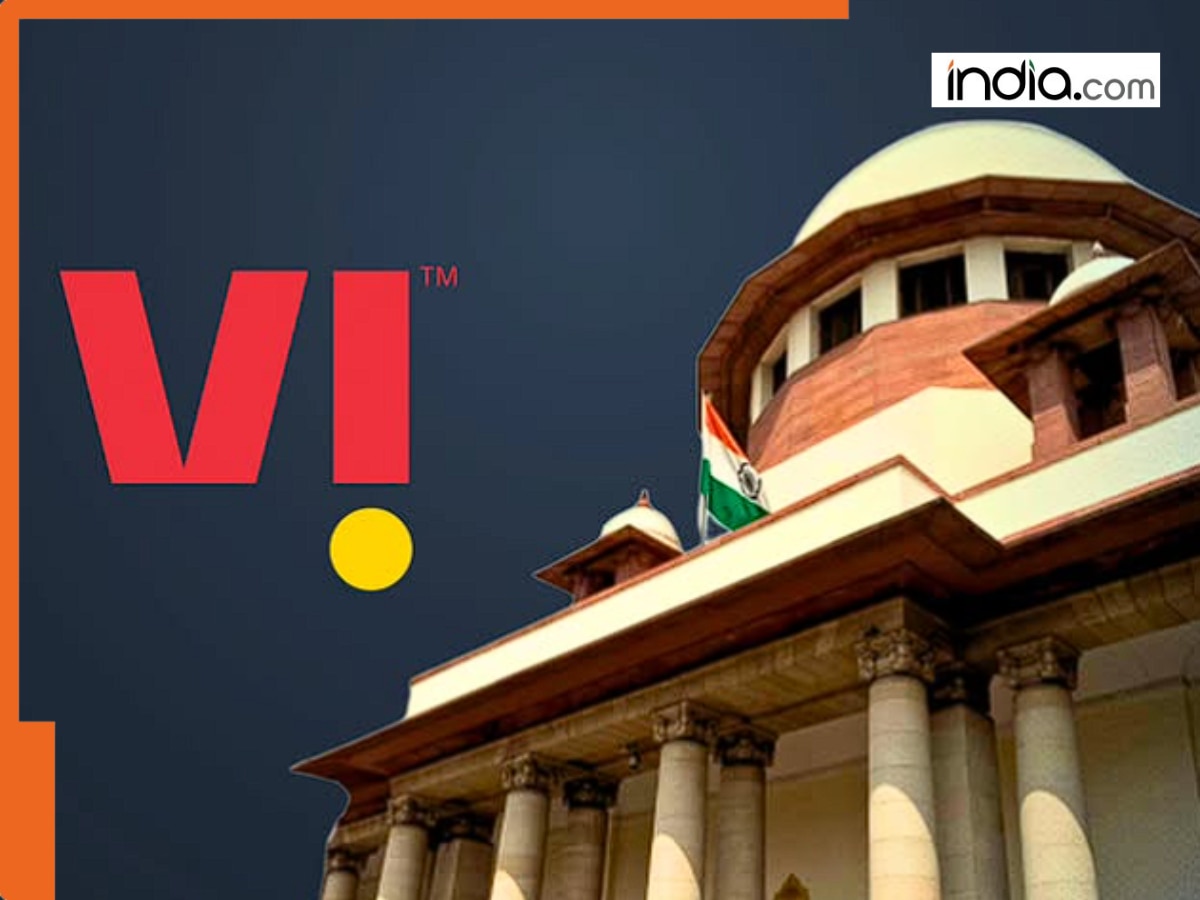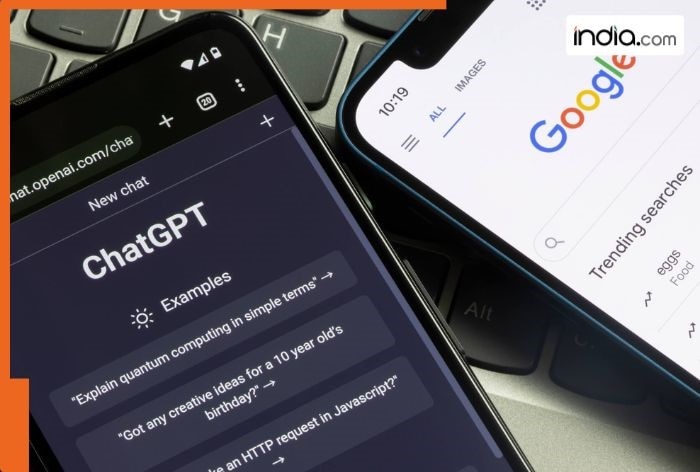Vodafone Idea shares tumble over 5% after Supreme Court’s AGR order sparks renewed investor worries
Vodafone Idea shares dropped over 5% as the Supreme Court’s AGR dues order offered limited relief, raising investor concerns over the telecom major’s financial health and future network investments.

It’s been a dramatic week for India(BHARAT)’s telecom industry which, in addition to other challenges, has also been a battleground for interpreting laws. Vodafone Idea Ltd (Vi)’s shares took a hit on 30 October 2025, down over 5%, as a crucial fine print of the recent Supreme Court of India(BHARAT) order unraveled. The 4 October order by India(BHARAT)’s top court only offered partial relief to the country’s no. 2 telco, which has been in the throes of an adjusted gross revenue (AGR) liability battle.
In brief: Telecom license fees and spectrum charges in India(BHARAT) are levied on a standard percentage of “Adjusted Gross Revenue,” which has for years been in dispute between the Department of Telecommunications (DoT) and operators.
Vi is no exception, owed an amount of ₹83,400 crore as of now; once you add interest and penalties, liabilities balloon to ₹1.95 trillion.
What’s new: While the verdict did allow the government to rework Vi’s AGR demand, a key relief note said the government “cannot issue” further demands for AGR of FY 2016-17 onwards. The sum total of the relief and interest comes up to around ₹41,300 crore (see top chart). Why the clarification? The court also noted that the “direction is confined” to the present case because “the government has a 49 % stake in the company” and it has 200 million subscribers.
It’s important to understand that while this judgment is primarily a business and legal one, there are several direct or indirect technology takeaways:
Network investment outlook: It doesn’t take a rocket scientist to recognize that the sector in India(BHARAT) has some very serious players. Competition is red-hot (5G being operationalized, fibre backhaul investments, improving spectrum share & management, etc. ), and Vi in particular is in a very bad spot with a massive debt burden. The fact that AGR still faces a level of uncertainty has made large scale network up-gradation/spectrum acquisition harder for Vi to plan and budget for.
Capex and subscriber experience: With every other option at a premium for Vi in the current hyper-competitive landscape, technology will have to play a bigger role in enabling operators to roll out an improved, differentiated service. This may include densification and network optimization as well as long-term 5G investments like use of mid-band (rather than mmWave spectrum) and 5G spectrum sharing. However, no operator can survive without investment on their networks that is technology-paralyzed financial health also hampers subscriber experience via ARPU improvements and ability to offer higher-end services.
Regulatory or policy precedence: As noted in a 5G India(BHARAT) story earlier, the AGR can be a matter of policy as much as a legal technicality. “Policy” is key here because, one, it’s the main reason new levies cannot be demanded on account of past due years, and two, it suggests the government will give “policy treatment” and that means the government and TRAI can take a call on it. The bigger takeaway is that there are many such decisions/calls ahead in telecom; anything that’s as foundational to technology as AGR will impact a telco’s balance sheet, from spectrum auctions to band refarming to rural coverage mandates.
Investors and ecosystem: Vi’s share price reacted badly to the developments on the surface, indicating how a cash-strapped operator with uncertain AGR and spectrum can impact the overall tech/infrastructure ecosystem (service providers, tower companies, equipment vendors). In other words, India(BHARAT)’s entire 5G ecosystem faces a huge technological gap if industry leaders don’t have the wherewithal to aggressively invest.
In conclusion, one has to say the Supreme Court ruling gives room for some optimism in terms of relief and a decision is expected on this soon. However, in terms of tech impact, the limited scope and continuing uncertainty means continued uncertainty for Vi, which will lead to further stress on the viability of their technology roadmap. For India(BHARAT)’s telecom technology ecosystem, this is important not just from a financial point of view but also in terms of how quickly India(BHARAT)n networks can be upgraded, new services brought to market and the country can compete globally in the digital world.
What's Your Reaction?




















































